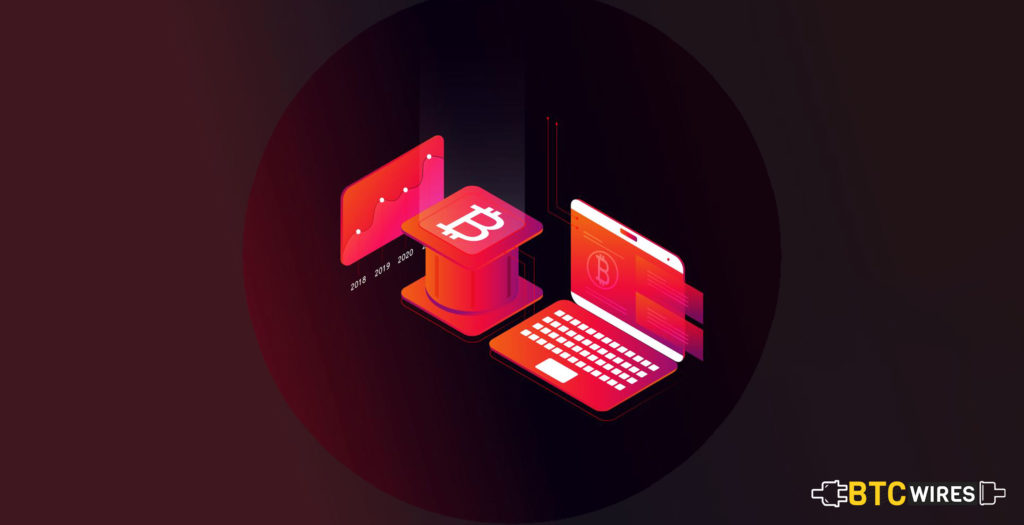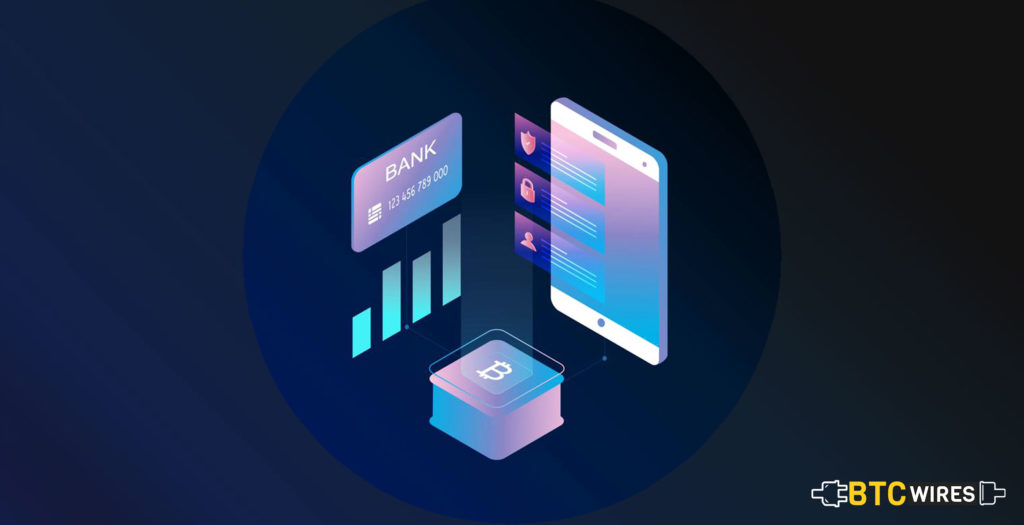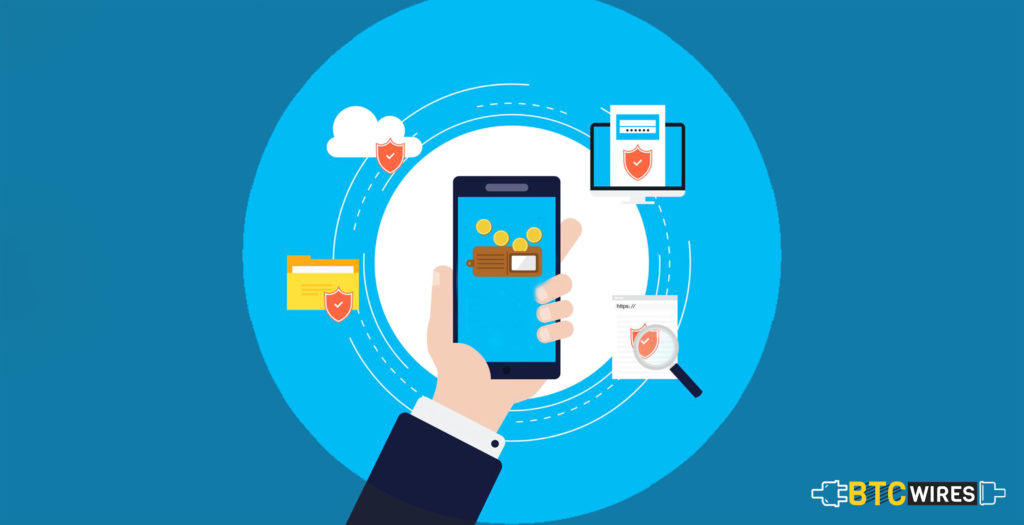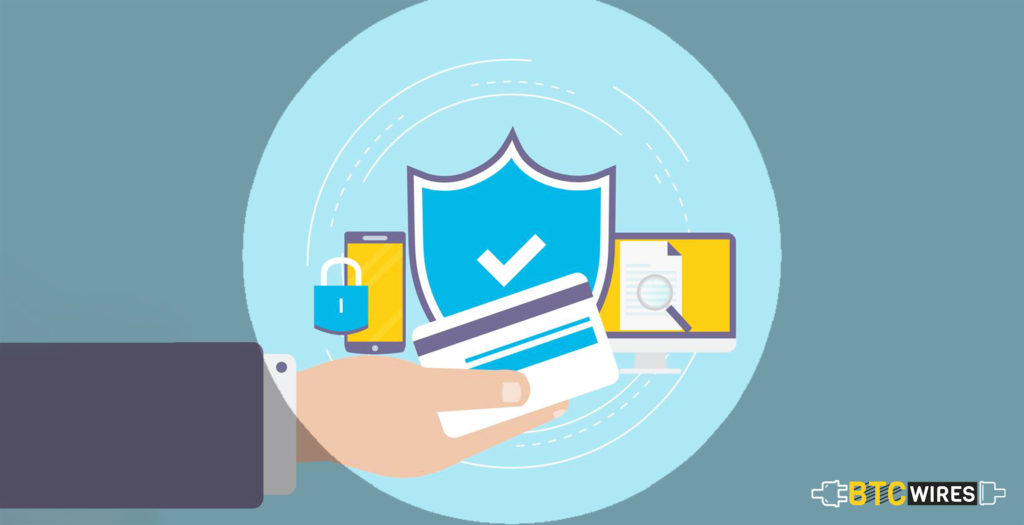Jan 31, 2019 17:00 UTC
| Updated:
Jan 31, 2019 at 17:00 UTC
Web Wallet
If you are a cryptocurrency enthusiast who invest in these virtual currencies, you must know how important it is to store them in a wallet.
Storing your digital assets in a wallet helps you protect your investment. However, knowing which wallet to choose is what can be confusing.
Let’s make it simple for you… Use Web Wallet.
Yes, we have discussed about Desktop Wallet, Mobile Wallet, Hardware Wallet, and their usefulness.
Now, it’s time for Web Wallet, and here’s everything you should know about it.
You May Also Read: Top 10 Web Wallets For Cryptocurrencies in 2019
Web Wallet Explained

A Web Wallet is sometimes referred to as an Online Wallet, and is one that you access through your Web Browser.
This shouldn’t be confused with hot wallets, since they too are online. But they don’t refer to all online wallets.
Web Wallets also referred to desktop as well as mobile wallets, and are any that you access through an internet connection.
However, the same thing is applied with hot wallets.
Web Wallets shouldn’t be used to store large amounts of currency in, since they are more at risk of getting hacked.
To help you decide whether a Web Wallet is for you or not, we have highlighted some of the advantages and disadvantages. Take a look!
Advantages:
- You can complete your transactions within a fraction of time, because you have quick access to your wallet.
- Some Web Wallet have the ability to store, and manage a range of currencies, allowing different transfers between them.
- Web wallets allow your money to be integrated directly into an exchange.
- They are ideal, if you have small amounts invested in cryptocurrencies.
- For added Privacy, you can use a TOR network.
- A TOR network is popular and trusted anonymity network.
- You don’t need to install any particular software on your computer system, as it is all stored online.
- One of the biggest advantages of using Web Wallet is that they are so accessible. There are usually mobile apps that you can download onto your phone that will allow you to access your cryptocurrency wallet on the move.
Disadvantages:
- It’s not a good idea to store large amounts of money in an online wallet, so if you are searching for a long-term place to store a high investment in, then web wallets are not ideal and should be avoided.
- You are more at risk of getting hacked and are susceptible to malware, phishing scams, DDoS attacks and outdated security measures.
- There are several risks associated with doing anything online, since it leaves your computer completely open to viruses, which can affect your wallet. You can reduce this risk by keeping your software up to date, and not using internet café’s, which is the usual thing you would do to help keep any financial transaction secure. Take advantage of two step authentication, and always enable it whenever it is available to you.
- You don’t have control of your wallet. Since your web wallet is online, it’s effectively stored on a third party, which doesn’t come without its risks involved.
You May Also Read: Ethereum Wallet: Mobile, Web and Hardware
Are Web Wallets Secure?

Wallets are secure to varying degrees, that’s the fact.
The level of security depends on the type of wallet and the service provider.
A web server is an intrinsically riskier environment for keeping your currency safe as compared to offline.
Web wallets can expose users to possible vulnerabilities in the wallet platform which can easily be exploited by hackers to steal your funds.
On the other hand, offline wallets can’t be hacked because they simply aren’t connected to an online network and don’t rely on a 3rd party for security.
Although Web Wallets have proven the most vulnerable and prone to hacking attacks, diligent security precautions need to be followed when using any wallet.
Always remember that losing your private key will lead you to lose your money. Thus, you have to protect it, come what may.
If your wallet gets hacked, or you send money to a scammer, then there is no way to reclaim the lost money or reverse the transaction.
You must be careful, and take necessary precautions.
Backup Your Wallet

Store only small amounts of currency for everyday use online, keeping the vast majority of your funds in a high security environment.
Cold or offline storage options for backup like Ledger Nano X or paper or USB will protect you against computer failures and let you recover your wallet, whether it has been lost or stolen.
However, it won’t protect you against eager hackers. The reality is that if you choose to use a web wallet, then there are inherent risks that can’t always be protected against.
Update Software
Keep your software up-to-date, so that you have the latest security enhancements available.
You should regularly update not just your wallet software, but also the software on your computer or web browser.
Add Extra Security Layers

The more layers of security, the better it is for you and your web wallet.
Setting long and complex passwords and making sure about any withdrawal of funds needs a password is a beginning.
Use wallets that have a good reputation and offer you extra security layers like two-factor authentication and additional pin code requirements every time a wallet application gets opened.
You may also wish to consider a wallet that provides multisig transactions like Armory or Copay.
A multisig or multi-signature wallet needs the permission of another user or users before a transaction is made.
Here are a Few Articles for you to Read Next:


























































